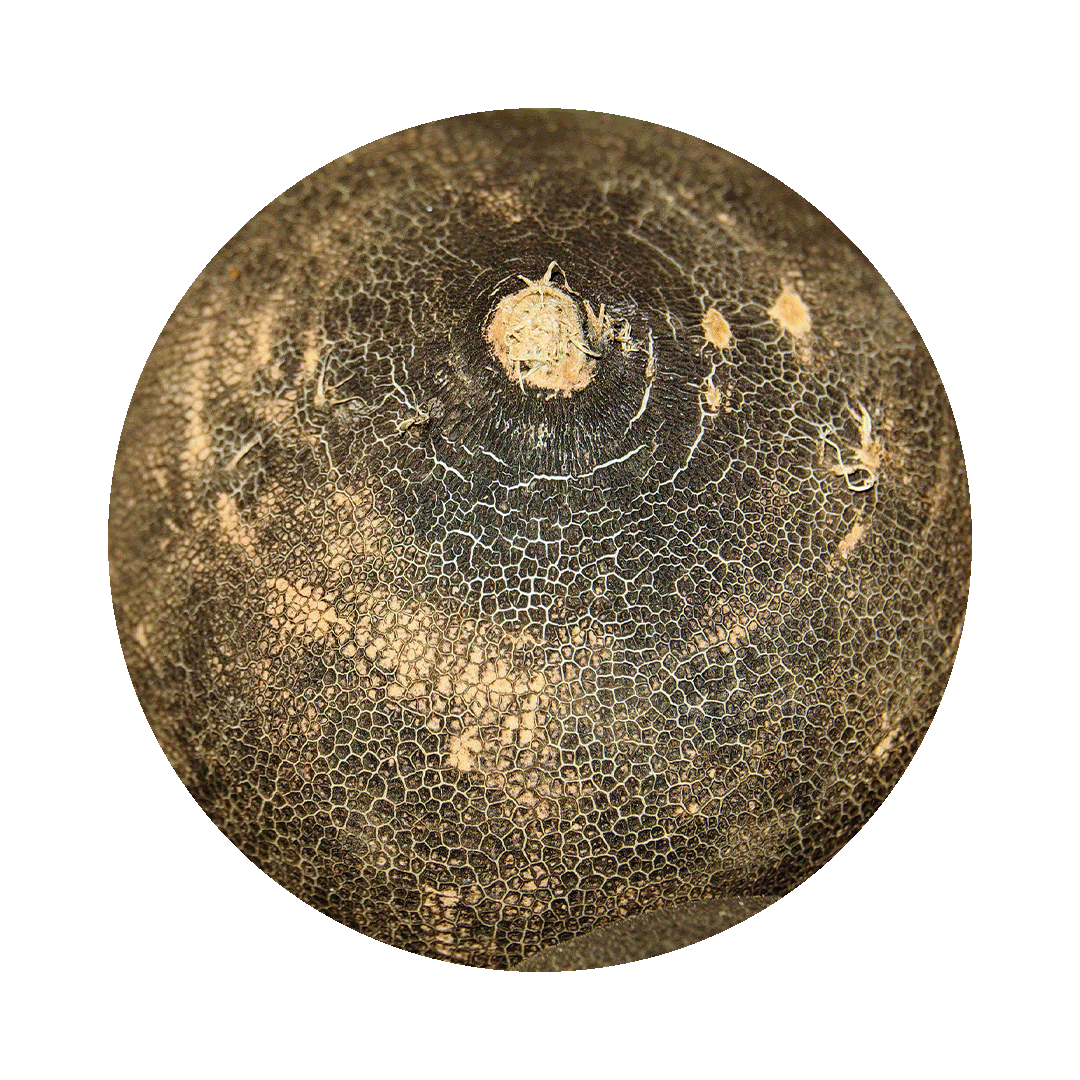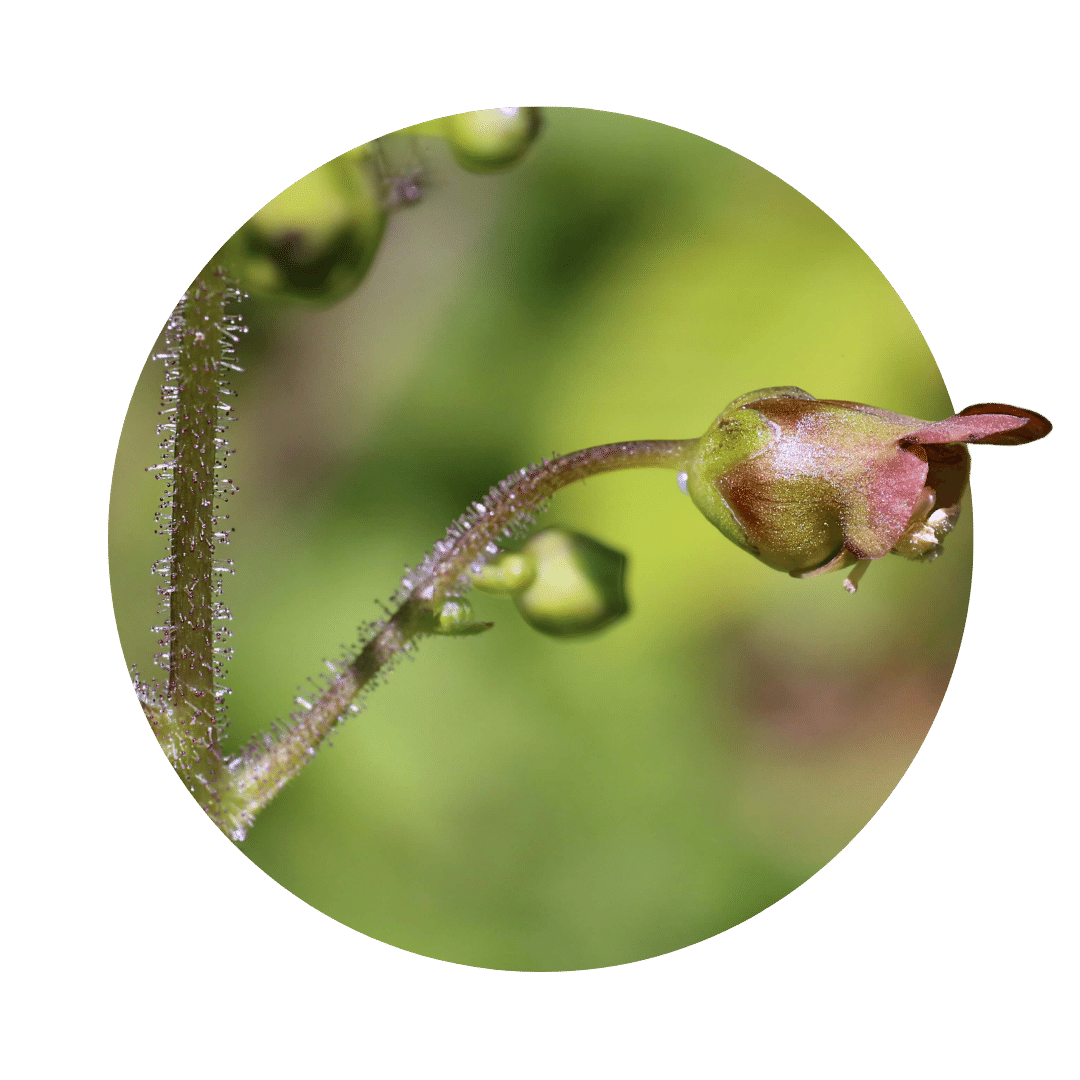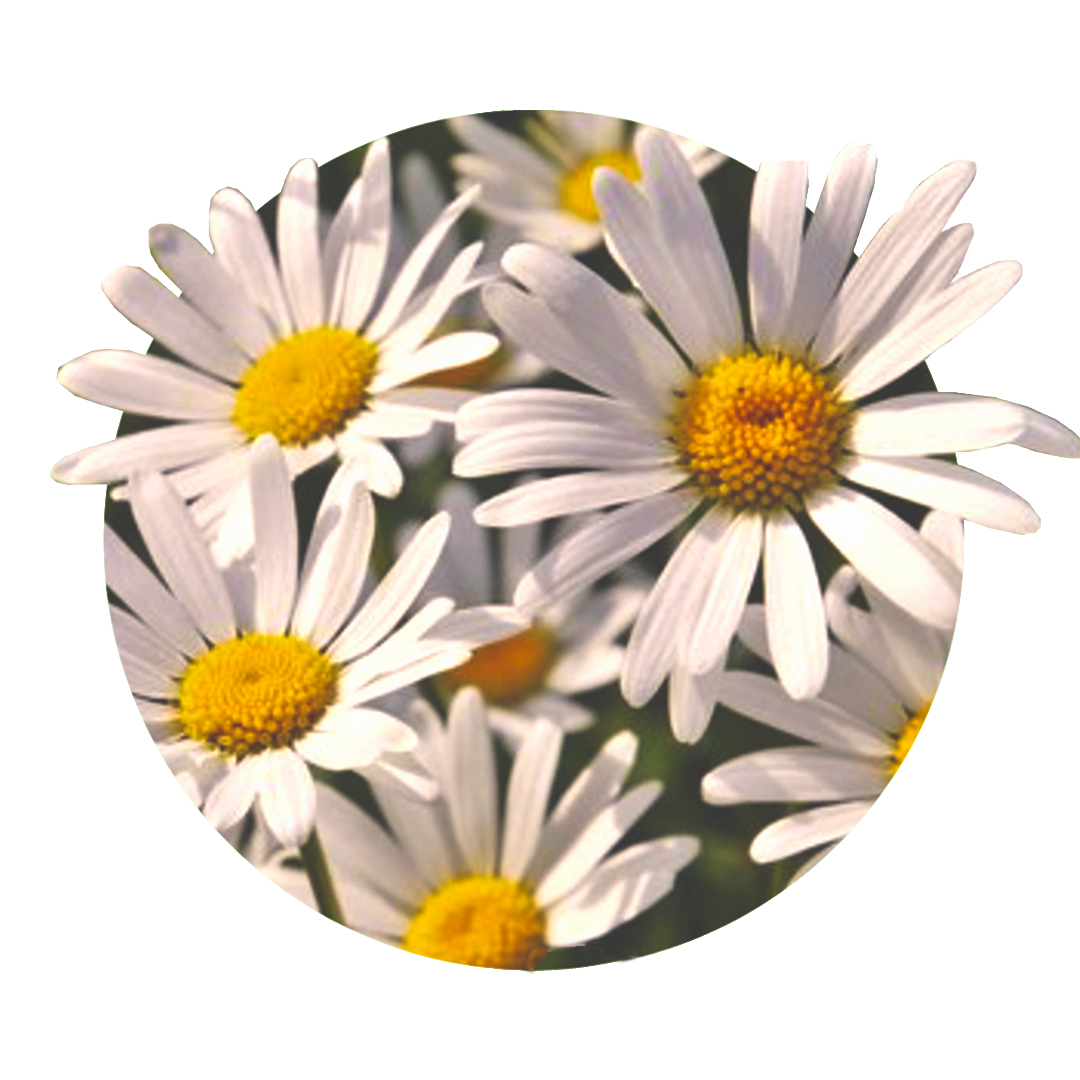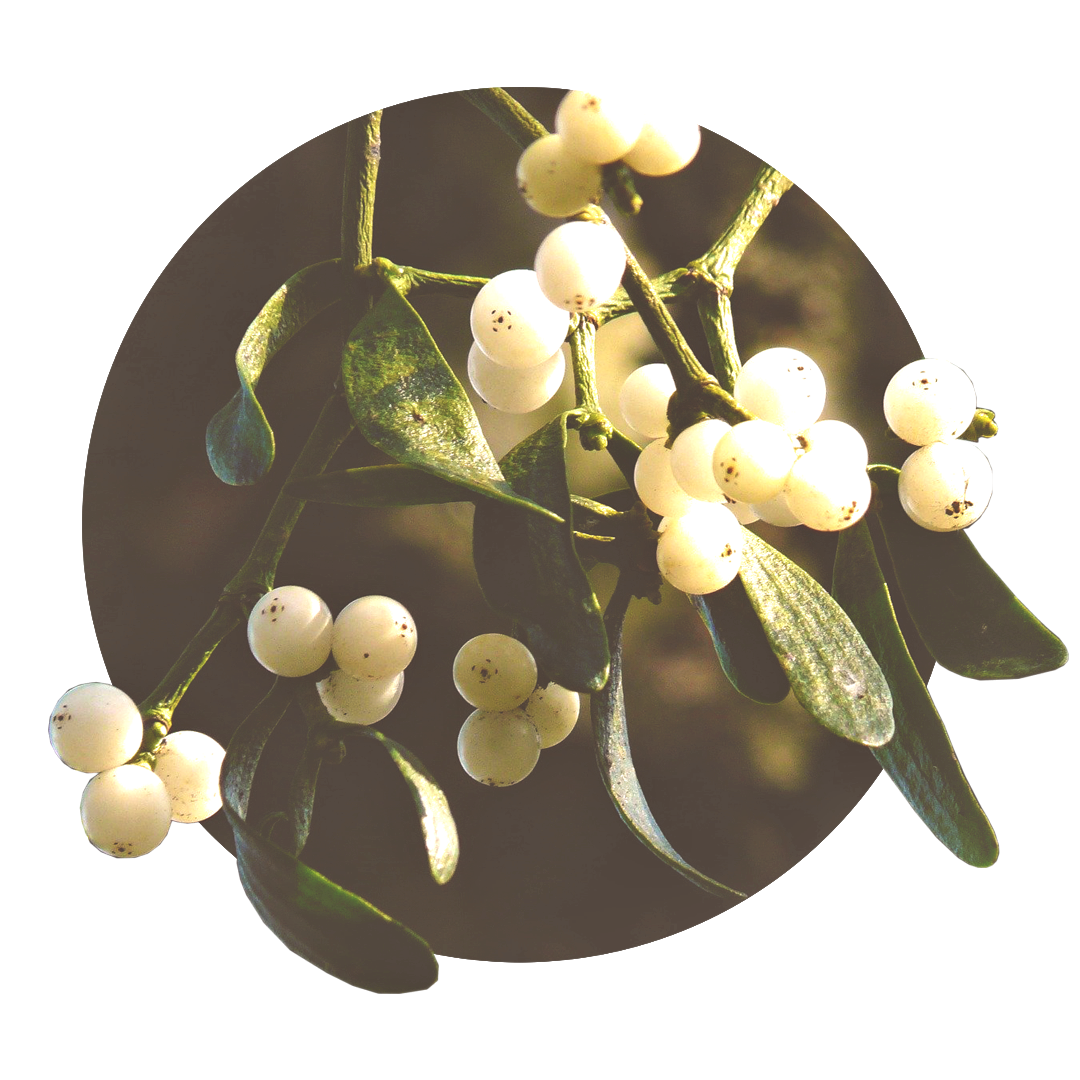Passion flower: For grief and sorrow
Most passion flower species originate from South and Central America. Christian immigrants recognized the symbolism of Jesus' crucifixion in the flower of the plant. The ten petals symbolize the ten apostles without Judas and Peter, the secondary crown the crown of thorns and the five stamens the five wounds of Christ. The plant thus came to symbolize the suffering of the world and was therefore used for nervous and psychological problems associated with suffering and grief.
Facts about Passiflora
Did you know that...
The fruits of the passion flower are known as passion fruit?
Do some passion flowers reproduce yellow dots on the flower to protect themselves from the yellow eggs of some insects?
Passionflower was the medicinal plant of the year in 2011?
What is the Passiflora incarnata?
The passionflower is a perennial, herbaceous or woody climbing plant from the south of the USA. It can grow up to several meters high and produces characteristic, beautiful flowers. These have a diameter of around 8 centimetres and a height of around 3 centimetres. The flower of the medicinal passionflower is tricolored. Violet, white and yellow dominate the visual impression. The flower consists of several tiers formed by 10 white petals, a purple-white corolla, five anthers and 3 pistils.
General information and medicinal effects of passionflower
Soothing
Passion flower is calming. It balances the nervous system and calms stressful situations. The passiflora is a plant of choice, especially for those who are racing their thoughts and cannot let go.
Anxiety Relief
Passionflower is anxiolytic. It promotes relaxation and helps you to see things with a little more emotional distance. The tension caused by anxiety is alleviated and calm returns.
Sleep-inducing
Passionflower promotes sleep. It normalizes the stress effect on the central nervous system and helps to restore the balance between the sympathetic and parasympathetic nervous systems so that sleep can take hold.
Passiflora incarnata: Ingredients
In medicine, passionflower is used for nerve-related symptoms. Its effect goes back to:
Indole alkaloids
Flavonoids
Saponins
Passion flower: effects for body and mind
Passionflower is one of the great medicinal plants for the nervous system. It is one of the so-called grief remedies and is administered in cases of severe emotional stress and high stress levels. It has a relaxing, anxiolytic and calming effect. Passionflower is particularly popular when the heart is nervous. On a mental level, it helps to gain the necessary distance from the issues and confidence in a better future.
Properties of Passiflora incarnata
- soothing
- balancing
- sleep-inducing
- blood pressure regulating
- decongestant
- astringent
Fields of application in naturopathy:
Passiflora is a specialist and one of the major medicinal plants for the nervous system. This results in the following main indications
Passiflora incarnata for sleep problems
Passion flower calms the whole organism and increases the activity of the relaxation nervous system. This allows the mind and body to relax and gently drift off to sleep.
Passiflora incarnata for mourning
Passionflower is traditionally regarded as a great means of mourning. When the Christians brought the plant from America to Europe, the stigmata of Christ were recognized in it. Its calming effect on the CNS was known, but was now expanded to include the aspect of Christ's suffering. The calming effect on the emotional system was quickly used to support mourners in their shock and turmoil.
Passionflower for anxiety
Fear paralyzes us, makes us tense and overly alert. Passiflora calms and relaxes the system so that we can get out of the vicious circle of fear and let it go. Passiflora helps to regain an emotional distance from the subject and to return to a better ability to act.
Passiflora incarnata for nervous exhaustion
When you are nervously exhausted, a circle forms. You would like to get out, but the exhaustion causes the nervous system to develop a life of its own, as the chemical messengers for regulation are exhausted. Thanks to its calming effect, passionflower supports the regeneration of the exhausted relaxation nervous system and thus ensures that you can get out of the circle again.
Notes on the use of passionflower
Passionflower is usually a component of phytotherapeutic or homeopathic mixtures. It is often combined with other medicinal plants for the nervous system. However, it can also be used as an ingredient in teas.
Passionflower during pregnancy & breastfeeding
Passionflower can also be taken during pregnancy for nervousness, restlessness and sleep problems.

Get your passion flower complex now and harness the healing power of Passiflora incarnata
Passion flower complex
100% Passion flower for spraying!
24,99€
incl. VAT, base price: 24,99 € / 30ml
Use the healing power of passion flower and our other 100 Healingplants for the natural relief of your ailments. Improve your well-being and support your body, mind and soul! With the help of our Configurator Your personal Spagyric spray that is tailored to your needs and accompanies you on your natural path to improving your body, mind and soul.







